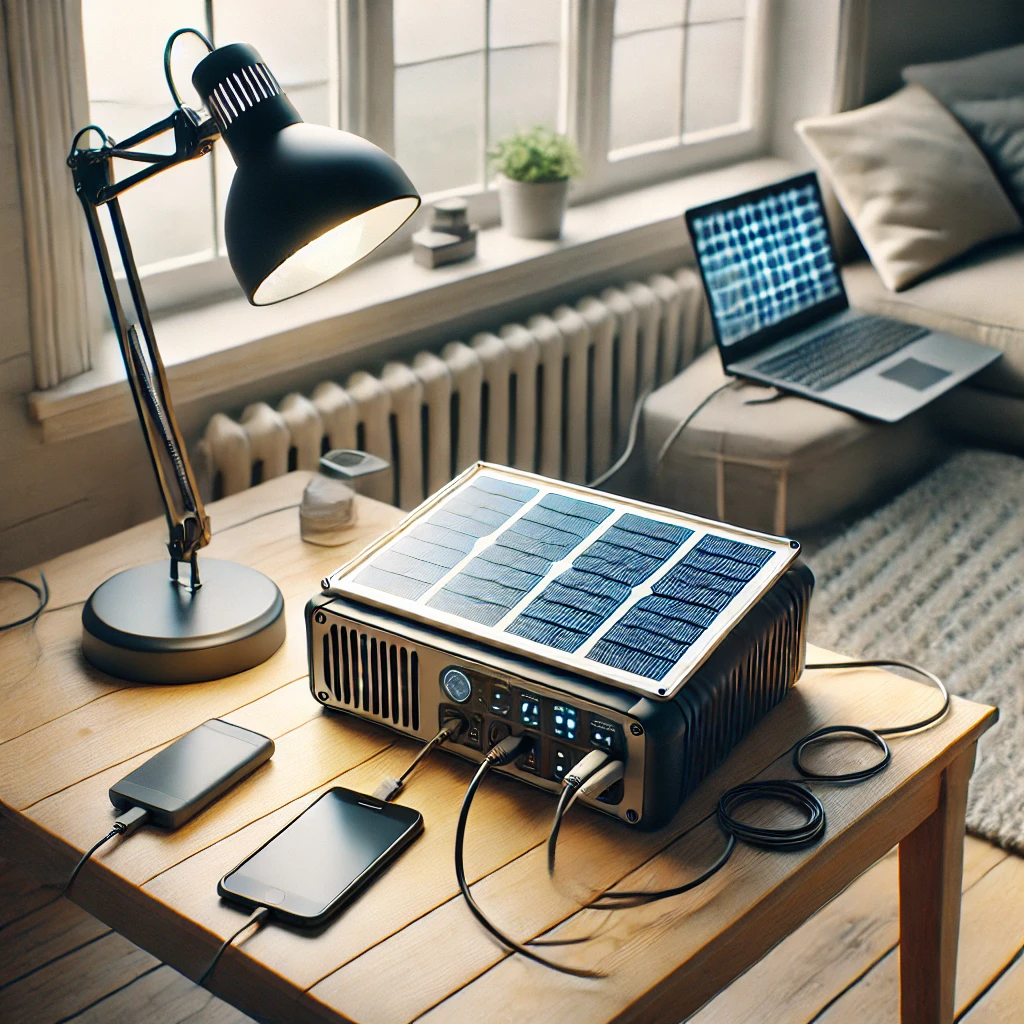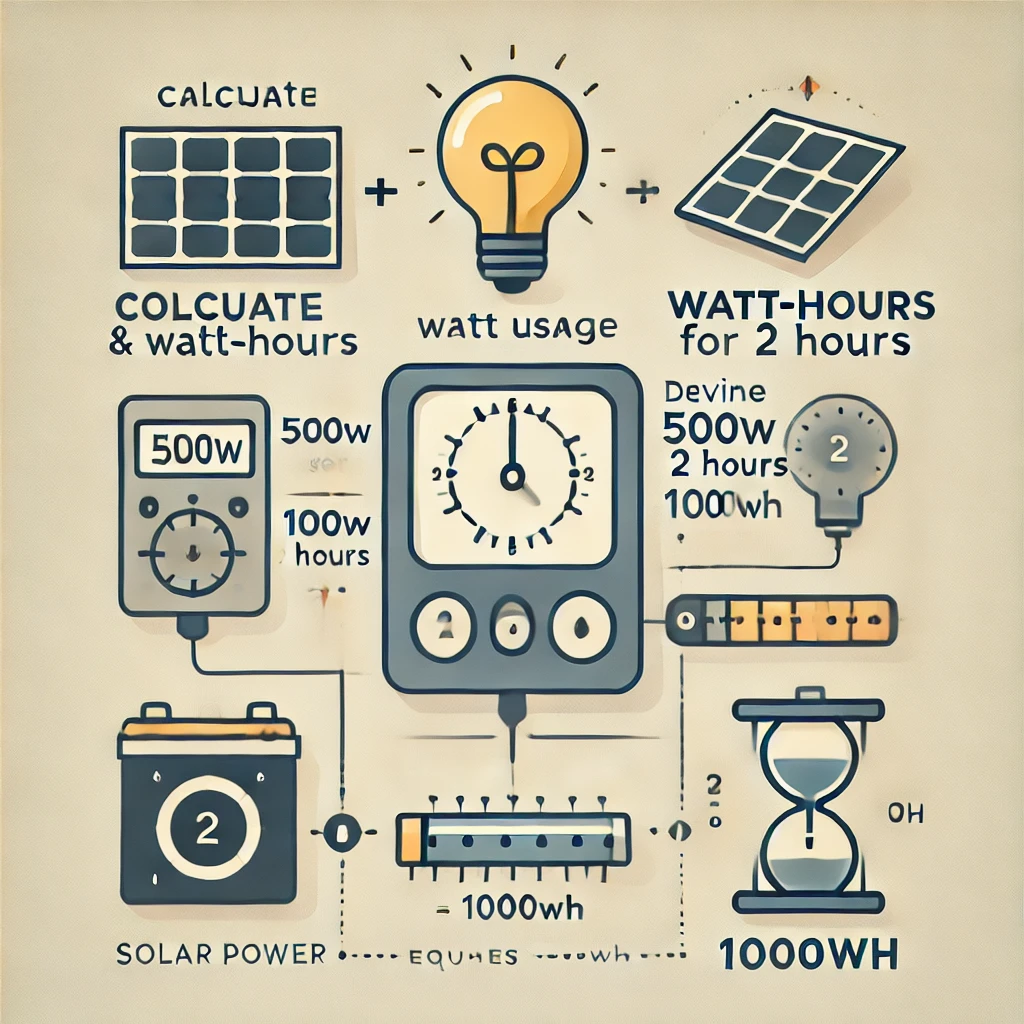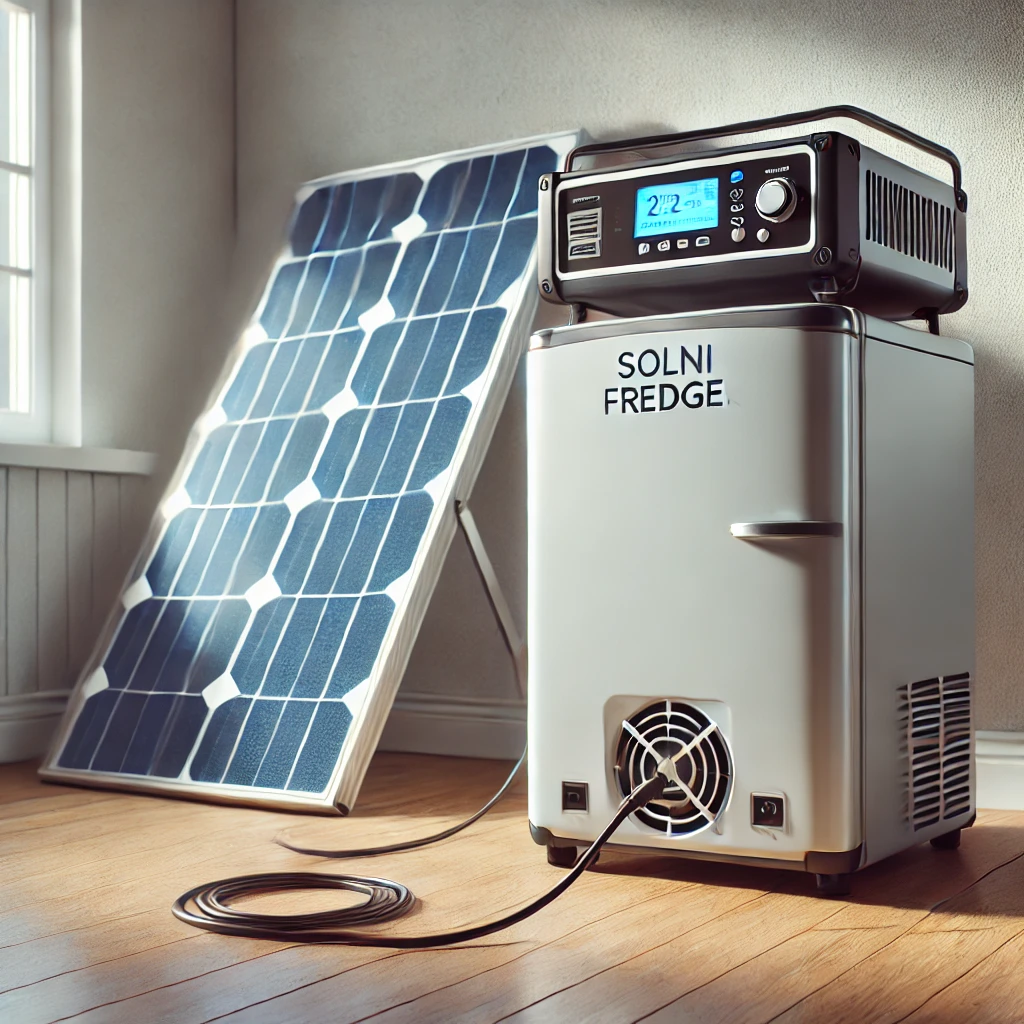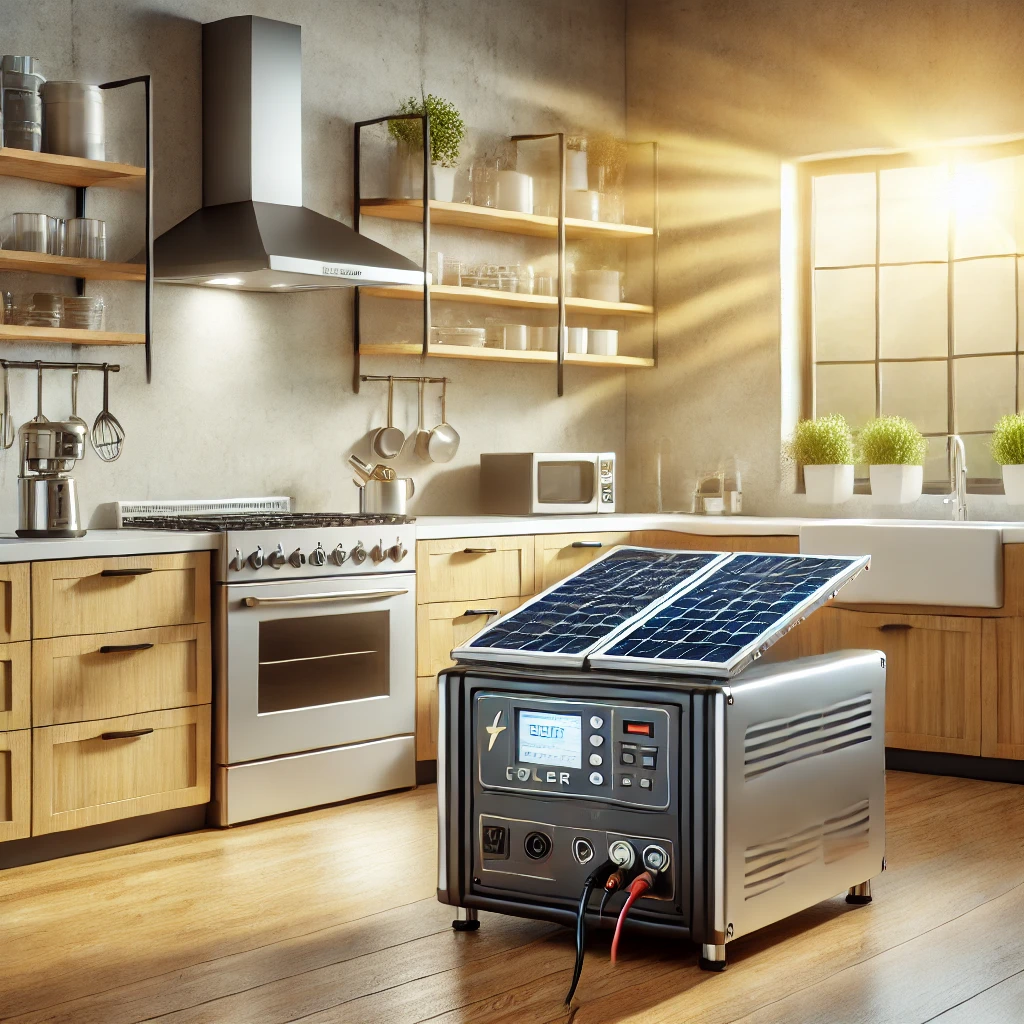Introduction
One of the most common questions we get at Solar Generator Guide is: what can you run on a solar generator? Whether you’re prepping for emergencies, planning a camping trip, or going off-grid, knowing what your solar generator can actually power is critical. In this guide, we’ll break it down by wattage, device types, and real-world examples.

Understanding Power Ratings (Watts & Watt-Hours)
Before diving into what you can power, it’s important to understand:
Watt (W): The amount of power a device uses.
Watt-hour (Wh): The total amount of energy a device uses over time.
For example, a 500W device running for 2 hours = 1000Wh. If your solar generator has a 1000Wh battery, that device would drain it in 2 hours.

Common Devices You Can Run on a Solar Generator
🔌 Small Electronics (Low Power Use)
Smartphones: 5–10W
Tablets: 15–30W
Laptops: 40–70W
LED Lights: 5–20W
Wi-Fi Router: 10–15W
✅ Even the smallest solar generators (300–500Wh) can run these devices for several hours or days.
🔌 Medium Power Devices
Mini fridge: 60–100W
TV (32-inch): 70–100W
CPAP machine: 30–60W
Electric fan: 40–75W
Projector: 100–150W
✅ Good match for 500–1500Wh solar generators, ideal for overnight power and short trips.

🔌 High Power Appliances
Microwave: 800–1500W
Coffee Maker: 600–1200W
Hair Dryer: 1000–1800W
Toaster: 800–1500W
Power Tools: 500–2000W
✅ You’ll need a large solar generator (1500Wh and above) with a strong inverter (at least 2000W) to run these safely.

What You Can’t Run Easily
Some appliances are simply too power-hungry for most portable solar generators:
Central AC units
Electric heaters
Large refrigerators (unless you size the generator right)
Electric ovens or stoves
These often require whole-home solar systems or gas backup due to their constant, high wattage draw.
Solar Generator Size vs. Runtime Example
Let’s say you have a 1000Wh solar generator:
Run a 50W LED light: 20 hours
Charge a 60W laptop: 15 full charges
Power a 100W mini fridge: ~8 hours
Always check your generator’s battery size and inverter rating. If your device needs more power than the inverter can handle, it won’t run at all.
Tips for Maximizing Efficiency
Use energy-efficient appliances (LED, low-power fans)
Don’t over-discharge the battery
Charge during the day while using devices at night
Monitor power draw using built-in screens or apps
These practices help prolong battery life and get more use per charge.
Final Thoughts
Knowing what you can run on a solar generator helps you plan better and avoid surprises during emergencies or outdoor trips. From small electronics to mini fridges and even power tools, a solar generator is an incredibly versatile device—if sized correctly.
Here at Solar Generator Guide, we’re committed to helping you understand and choose the right solar power solution for your needs. Check out our other posts for beginner tips, product reviews, and expert advice on going off-grid or staying powered up at home.
👉 Related Post: How Does a Solar Generator Work?
